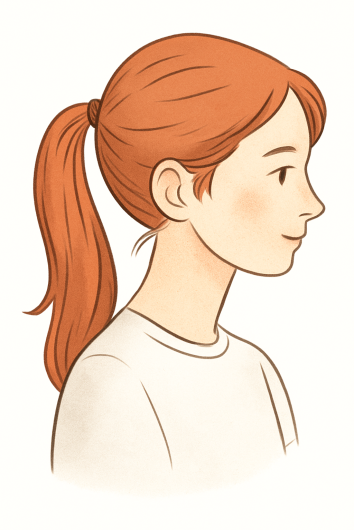
The Quiet Definition
Social injustice is not confined to courts or campaigns — it hides in small acts of neglect. A mother forced to choose who eats. A caregiver who cannot afford medicine. A rescuer feeding strays while skipping meals. Justice falters not only in systems, but in hearts numbed by fatigue.
Interconnected Suffering
People, animals, and the earth share the same ecosystem of neglect. When poverty deepens, animals suffer first — abandoned, unsterilised, unseen. When the land is poisoned, both humans and creatures lose food, shelter, and safety. The web of life tears quietly, thread by thread, until even compassion begins to fray.
The Weight of Empathy
Empathy without structure breaks people. Many caregivers, rescuers, and fosterers burn out not for lack of love, but for lack of support. When the system offers no safety net, compassion becomes a private burden — carried by the few who refuse to look away.
Communities Forgotten
Every housing block, every neighbourhood, hides small pockets of quiet suffering — the elderly who feed strays from their pension, the single parent choosing between vet bills and dinner, the volunteer cleaning drains where kittens were thrown. Social injustice is not distant policy. It is what happens when we decide someone else will handle it.
The Shared Repair
To mend injustice, we must rebuild connection — between people, animals, and place.
Funding and education matter, but so does community empathy: knowing that care for one life strengthens all life. True repair begins when help stops being charity and becomes continuity.
The Economics of Compassion
Social injustice is not an abstract failure of systems; it is poverty written into daily life — the unequal distribution of wealth, opportunity, and safety. It man fests when a few live in excess while others ration food, warmth, or dignity. Yet the damage does not stop at the margins. Every act of neglect radiates outward, creating societies where fear replaces trust, and despair becomes ordinary.
We like to believe injustice belongs to someone else — to the poor, the displaced, the voiceless. But whether rich or comfortable, we all pay for what others endure. Every unhealed wound becomes a social cost: in mental health, in crime, in lost creativity, in the quiet hardening of hearts.
We are all silent victims of social injustice — whether we know it or not. When one part of humanity is left behind, everyone slows. When care collapses, the burden simply shifts — from those without to those too tired to notice.
The only true correction lies in participation: in paying forward what we can, offering a hand where systems fall short. Governments can legislate fairness, but communities embody it. Real equity is built by individuals choosing daily to share — to feed, to fund, to forgive, to lift.
The Measure of a Golden Age
History bears witness to this truth: when people are secure, societies thrive. In every golden age — from classical Greece and imperial China to the cultural peaks of India, Rome, and even modern renaissances — progress blossomed because hunger and fear receded. When the struggle for survival eased, human thought turned upward.
Art, philosophy, science, and invention all arise from the same soil: stability. When basic needs are met and justice is not a privilege, individuals find the freedom to create, to learn, to build, to love. A nation’s greatness has never come from its wealth alone, but from what it chooses to share.
Civilisations rise not through conquest, but through compassion institutionalised — when care becomes infrastructure, and decency becomes esign. That is the forgotten secret of every golden age: it wasn’t gold that made them shine, but fairness.
The Comfort Divide
Social injustice survives because comfort is addictive. Ignorance is rarely imposed — it’s chosen, because seeing too much hurts. We scroll past suffering, tell ourselves “someone else will handle it,” and build small fences around our compassion.
Yet real change begins the moment we cross that fence. Extending beyond our comfort zone — feeding the hungry, rescuing the frightened, standing up when silence feels safer — that is the test of empathy. It is not pity that transforms the world, but courage disguised as kindness.
True altruism is not convenient. It means doing all we absolutely can, not all that feels comfortable to do. It asks us to face the parts of ourselves that want to look away — and to act anyway.
Closing Reflection
Social injustice is not only about power; it is about forgetting that life is shared. To heal it, we must build systems where empathy is not ornamental — it is operational. In lifting the weak, we lift ourselves. In mending the bond between people, animals, and earth, we restore the quiet order that once made the world whole.
“Justice is not achieved through revolution, but through evolution — the slow widening of our shared humanity.”

Article by Tiffany Argent, Spokesperson for Cats Hope and DAE Publishing House.

“Help rewrite more stories like these.”
Join our newsletter, support our campaigns, or become a foster sponsor.
